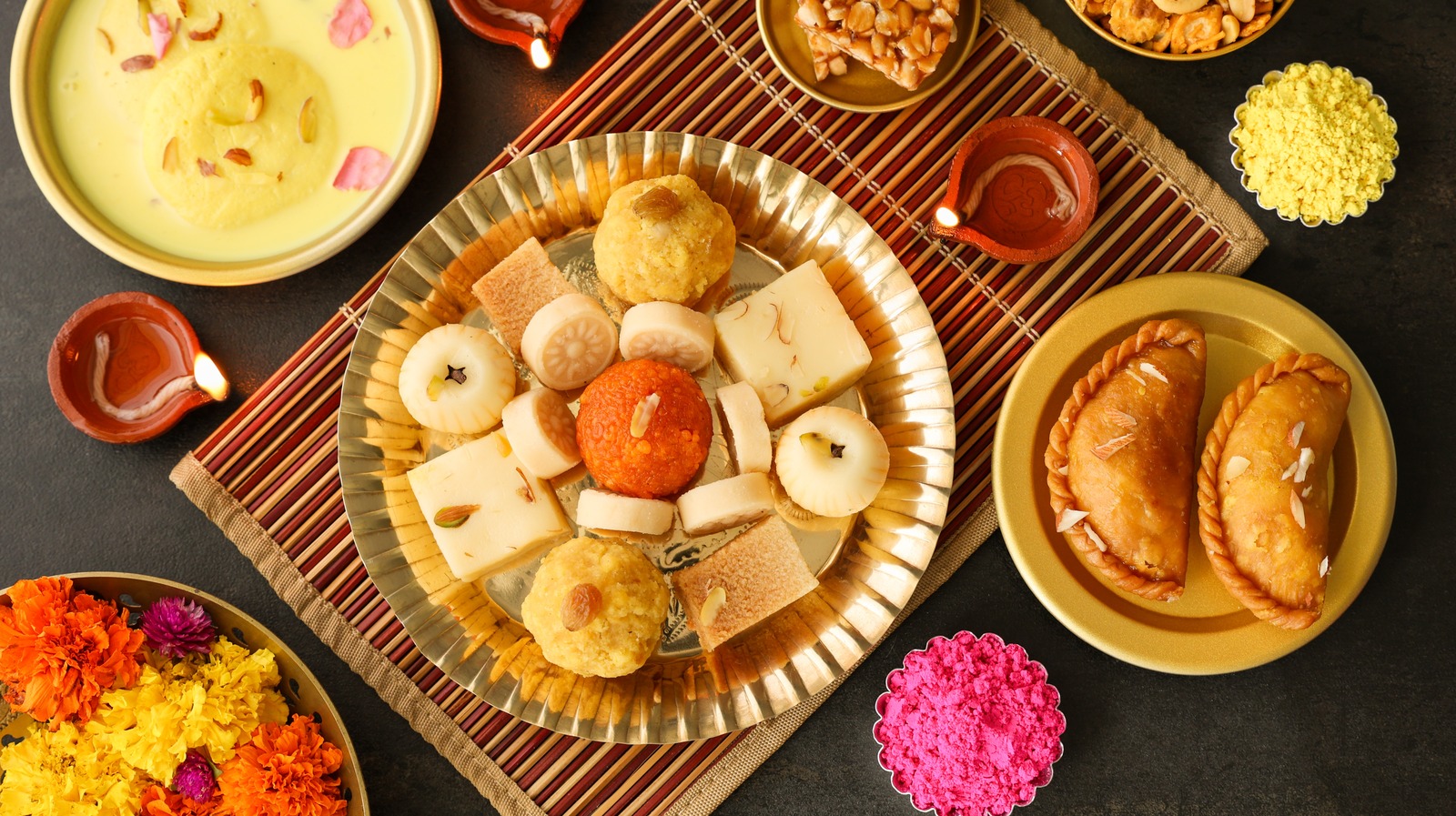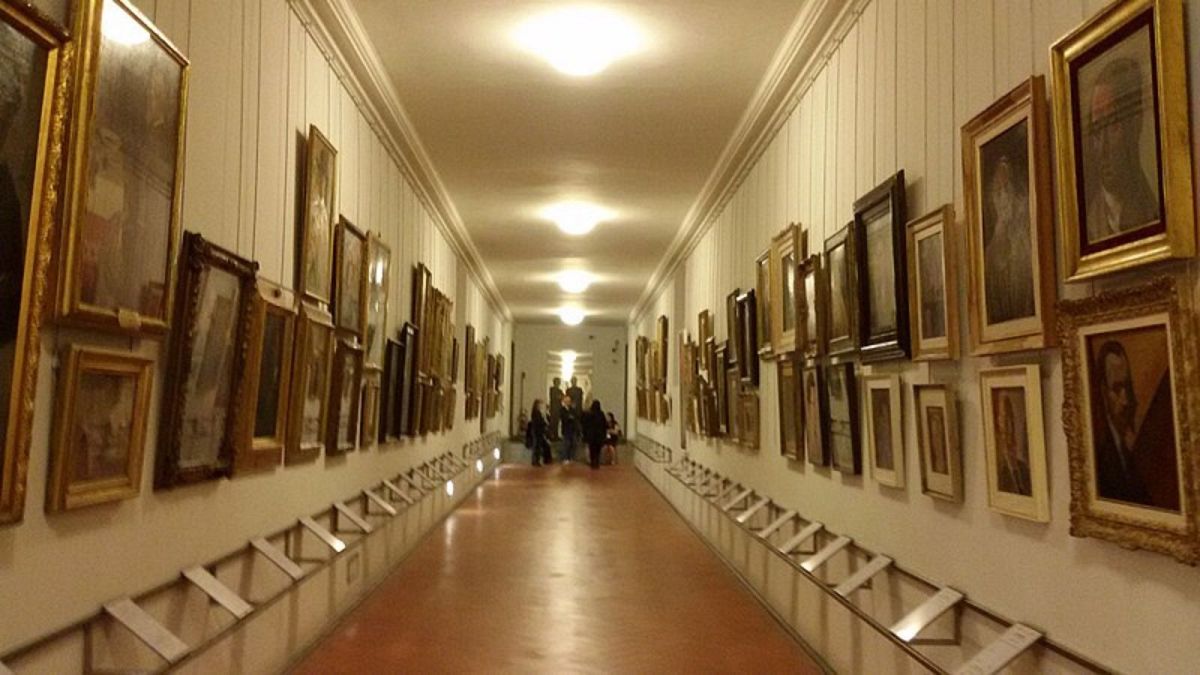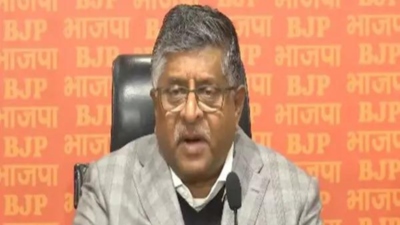As one of the biggest holidays in India and the surrounding areas, Diwali is celebrated by roughly over a billion people each year. The festival lasts five days and typically falls toward the end of October or the beginning of November. This year, the main celebration falls on October 31.
With so many celebrants, Diwali means very different things to different people. Hindus, Sikhs, and Jains all have their own traditions. For some, Diwali is a celebration of the homecoming of Lord Rama.
For others, it commemorates the birth of the goddess Lakshmi or Krishna's defeat of the demon Narakasura. But as different as Diwali celebrations can be, they still have many commonalities. Across India and beyond, it's widely seen as a celebration of the triumph of good over evil, light over dark.
It's a time to light lamps, exchange gifts, set off fireworks, and participate in religiously-condoned gambling with friends and family. . While savory snacks have their place, sweets, called mithai, have special significance.
Sweets serve as offerings in religious rituals, but they aren't just for the gods. During Diwali, people share sweets with their friends, families, and communities as a way to spread love and goodwill. By sharing mithai, you're letting your loved ones know that you hope their life is just as rich, sweet, and decadent as the treats themselves.
What are mithai? In the West, Indian food isn't associated with sweet flavors. Mithai are expensive and labor-intensive to make, so the.



















